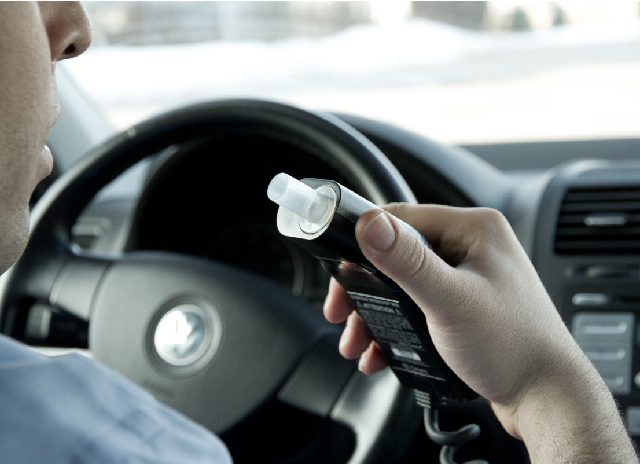Germany and France to regulate e-scooters
Germany and France are the latest EU countries to regulate the use of e-scooters on public roads.
Germany’s rules, which are set to come into force next month, set a minimum age of 14 and a maximum speed of 20 km/h for e-scooters. The vehicles will be permitted on roads and cycle paths, but not on the pavement. E-scooters will also have to be insured in a similar way to mopeds and high-speed (45 km/h) electric bikes through purchase of an annual insurance sticker that must be displayed on the vehicle. The vehicles will also have to be fitted with similar equipment to bicycles i.e. brakes, reflectors, lights and a bell.
The new French rules, part of a highway code update coming in September, are expected to permit riders as young as 12 with a higher maximum speed of 25 km/h and no mandatory insurance requirement. Lime, a shared e-scooter operator in the city of Lyon recently introduced a GPS-based speed limiter to keep their vehicles at 8 km/h or less in the city’s pedestrian zone.
Other countries that have set rules, usually based on existing regulation of cycling, include Austria, Belgium, Finland, Norway, Portugal and Sweden. Norway and Sweden set a 20km/h speed limit. Belgium has recently increased the speed limit for e-scooters from 18km/h to 25km/h. Italy is also working on changes to the current highway code to permit the vehicles on pavements, cycle paths and the road.
In the Netherlands, e-scooters are classified in the same category as mopeds, with a minimum age of 16, mandatory insurance and only vehicles that have been approved by RDW, the national type approval authority, legal on the road. In the UK, e-scooters are illegal for use on public roads – though the government is reviewing the legislation. Ireland is also working on new rules.
Antonio Avenoso, Executive Director at ETSC said:
“The rapid rise of e-scooters, especially through sharing schemes, has taken policymakers and city authorities by surprise. Right now there is precious little data about the safety of these vehicles, but ad hoc evidence of a rise in serious injuries and even deaths is giving us cause for concern. Young, inexperienced riders, hopping on unstable, self-propelled vehicles in amongst cars and lorries is potentially a lethal combination of risk factors. We think a precautionary approach is needed and national authorities should be considering a full range of regulatory options.”








